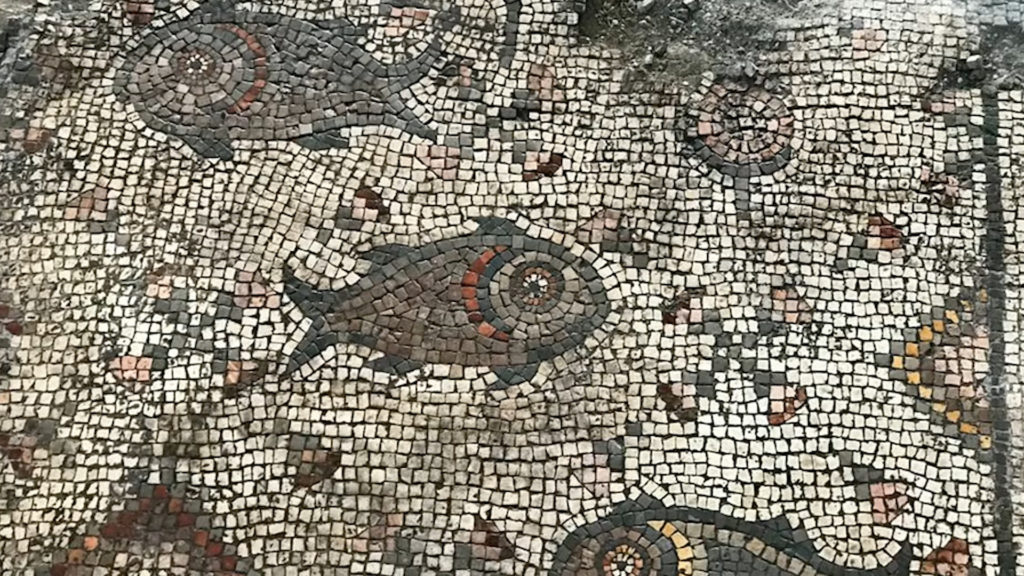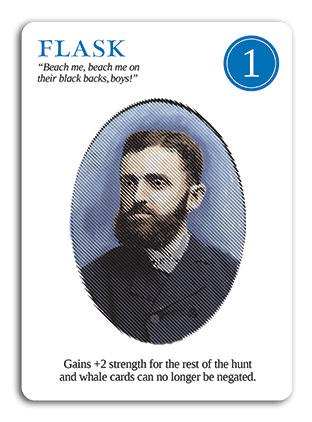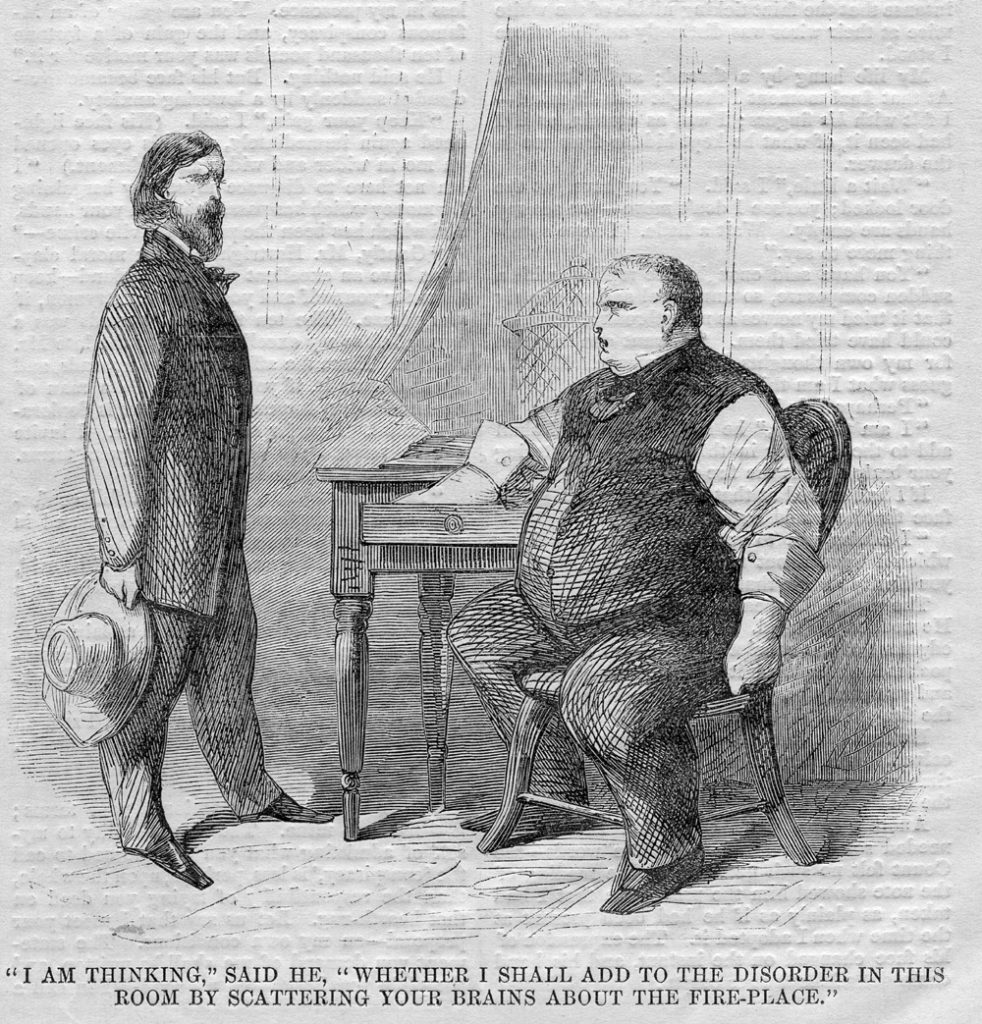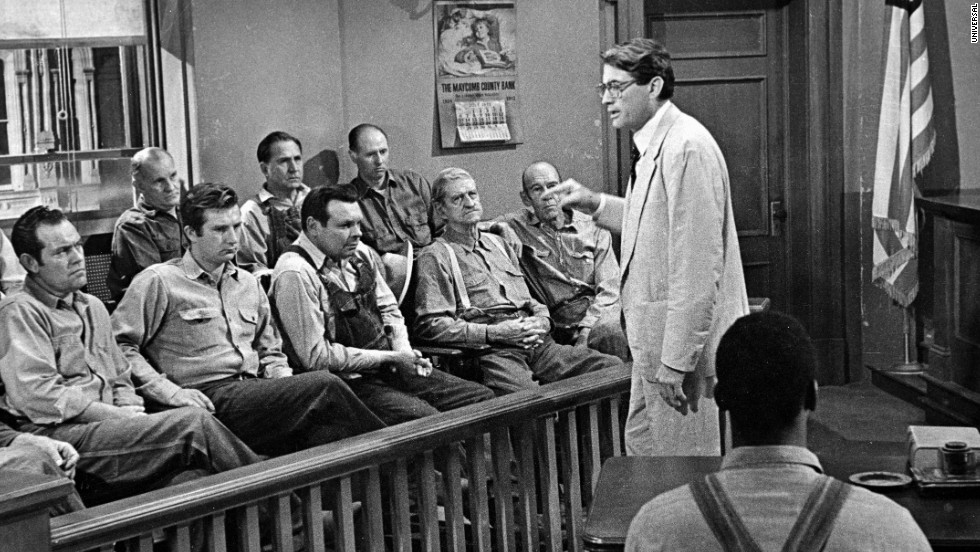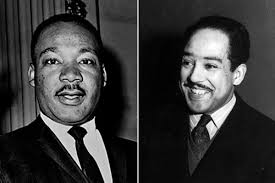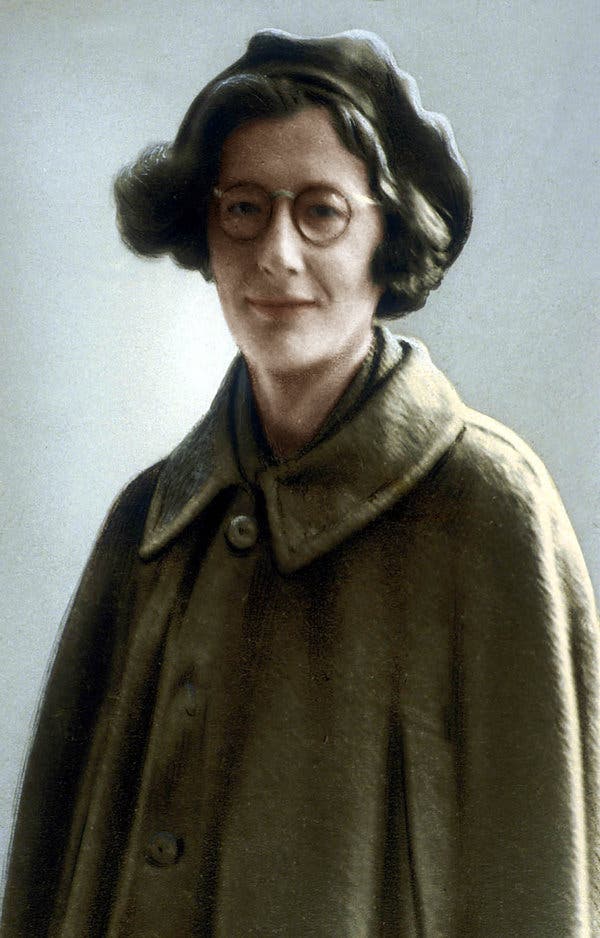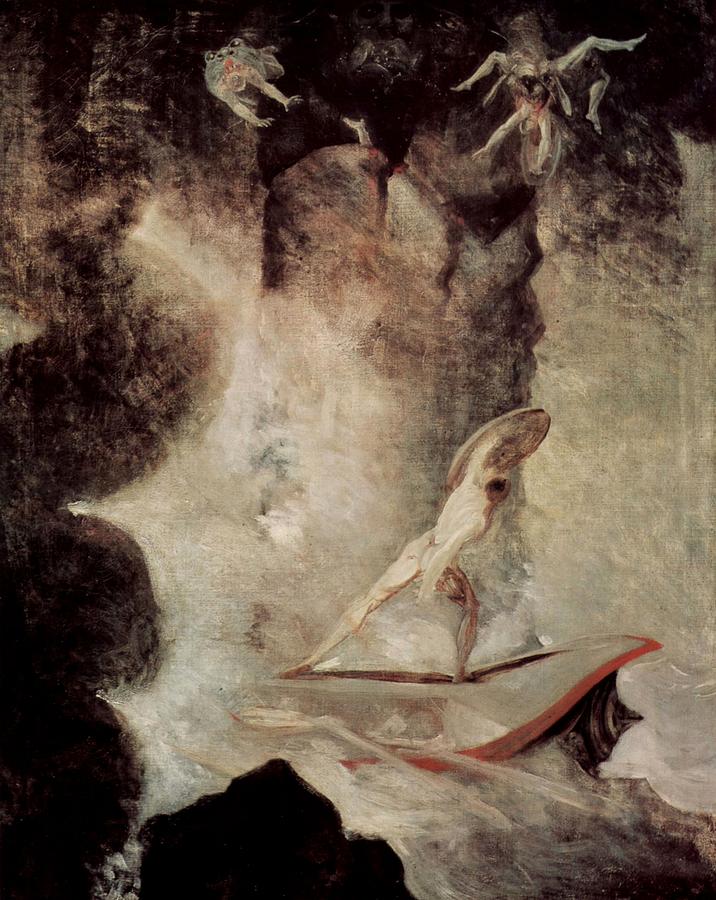
Tuesday
My Representative Masterpiece students are entering the Odyssey’s monster section today so I will be giving them my special matrix for how to analyze a literary monster. As I see it, monsters have a personal/psychological explanation, a historical/political explanation, and a spiritual/existential explanation. Toggling between the three, here are some of my readings of Homer’s monsters:
–The Lotos Eaters, Circe, and Calypso – I group these three together because the danger they represent is men abandoning their quest and remaining on the island. Since Ithaca’s king is duty-bound to return to his kingdom and restore order, Zeus orders Calypso to release him. Without such a higher calling, men are no more than swine, which is the fate they suffer at Circe’s hands. Thanks to messenger-of-the-gods Hermes, who keeps Odysseus in touch with his higher self, the epic’s hero can stay connected with his ideals, even as he tastes the sorceress’ delights. (But he still remains on the island for a full year—and on Calypso’s island for seven.)
Psychologically, Circe and Calypso threaten the hero’s masculinity, as does Scylla—a toothed vagina—and maybe the Sirens. More on these latter monsters in a moment. Politically and historically, the island enchantresses function like the earth religions through with the Biblical Hebrews pass, with their worship of fecundity figures like the golden calf. To yield to them and merge with the population is essentially to surrender the historical self.
–Polyphemus, the Cyclops—The cyclops, like the goddesses, once again represents fecund nature. Unlike the Greeks he does not cultivate the land—therefore he’s a barbarian—but food grows in wild abundance nevertheless. He’s a cannibal who eats men raw, once again representing annihilation of self. To reassert his manhood, Odysseus has his men drive a fire-tipped, pointed log into Polyphemus’s eye, which psychologically can be read as either rape or castration.
–The Laestrygonians—The most distinctive figure in this cannibalistic tribe is another castrating woman, “a giantess as huge as a mountain.” The Laestrygonians destroy the Ithacan ships with boulders and then spear the men like fish.
–The Sirens—Interestingly, the Sirens offer Odysseus knowledge, not sensual delights. I’m still trying to figure these monsters out.
Scylla and Charybdis – Odysseus must thread his way between these two monsters, one a six-headed beast who grabs six sailors, the other a whirlpool that swallows up the entire ship. (Forced to choose, Odysseus goes for Scylla.) Odysseus’s sword is helpless against the castrating Scylla, but his sense of self is strong enough that he manages to survive the annihilating whirlpool.
I’ll report on any further explanations I get from my students.
Addendum – I distributed the following “Monster Analysis Kit” to my students today:
Overarching theory
Monsters are a symbolic version of what most shames or frightens us.
Psychological explanation for the theory
When what shames or frightens us is particularly painful, we may repress it, pushing it into our unconscious. The energy we spend not dealing with our anxieties renders them toxic. When our anxieties reemerge in our dreams or take the form of psychosis, as they invariably will, we have what Freud termed “the return of the repressed.”
Theory’s Usefulness
(1) By analyzing the monster that frightens you the most, you can identify your deepest anxieties.
(2) You can also identify the fears of an author, culture, or historical period by looking at the monsters they create. A great author will channel his culture’s anxieties and give them back in the form of monster stories.
What to look for in analyzing a monster
(1) Personal/psychological anxieties – These are anxieties experienced at a personal level. Analyzing an individual’s personal history may help us understand why he or she fears a particular literary monster.
(2) Political/historical anxieties – Because we are not only individuals but members of larger communities, one can examine the dynamics of those communities to understand why certain literary monsters rose to prominence.
(3) Spiritual/existential anxieties – At the broadest level, monsters speak to the anxieties that all humans share about the basic facts of life. Those monsters that are “not of an age but of all time” reflect these anxieties.
Note: The three types of anxieties are not always separable since, after all, we are all of us historical individuals grappling with existential and spiritual questions. Focusing on just one level, however, helps determine the intellectual tools one uses, whether they be psychological, sociological, anthropological, historical, political, philosophic, religious, or other.

